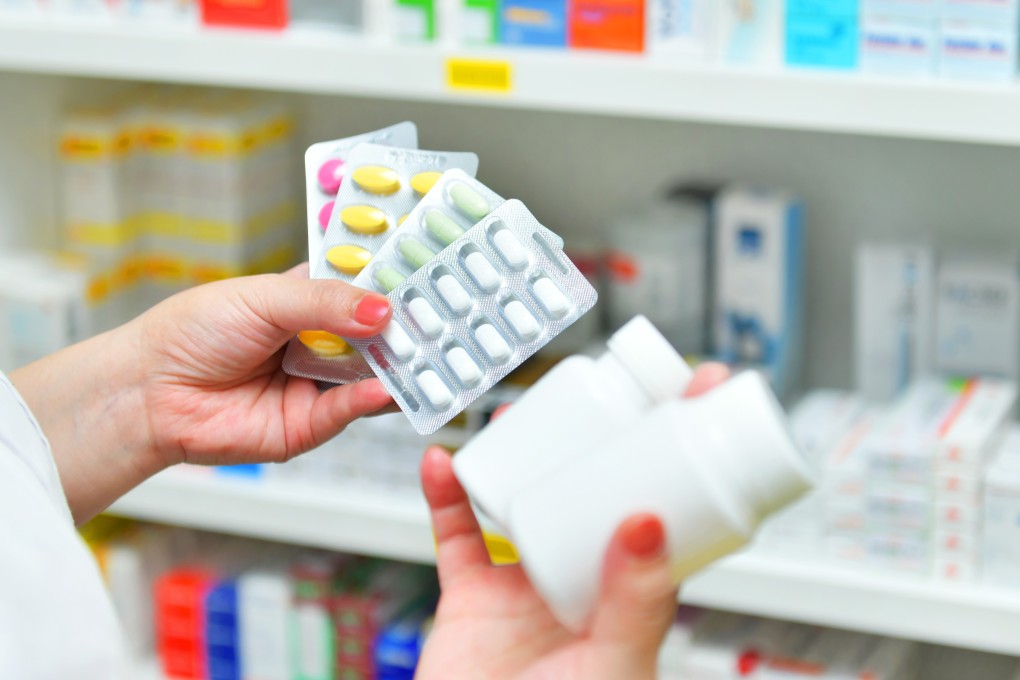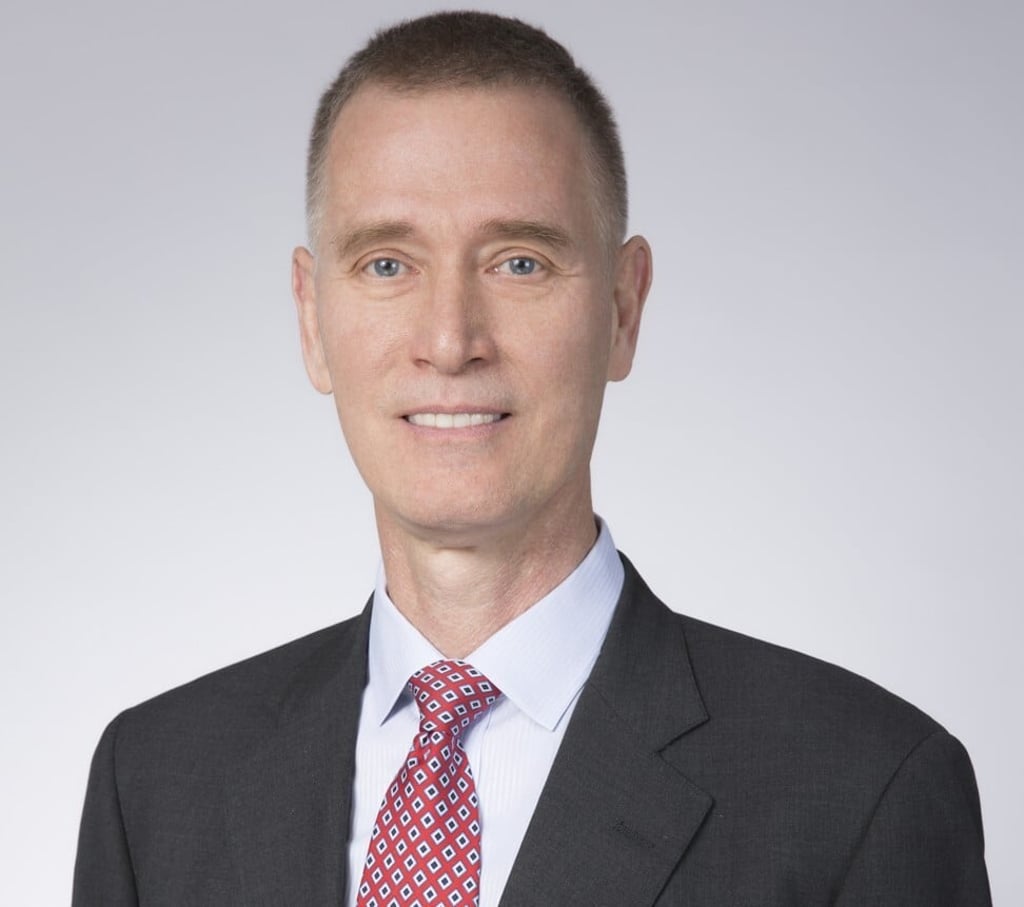Chinese start-up Everest Medicines raises US$310 million in Series C round to fund development of drugs pipeline
- Everest focuses on developing drugs in Asia by licensing development and commercialisation rights from innovators
- Funding from Janchor Partners, RA Capital, Hillhouse Capital, and Jiashan SDIC to help the development of eight potential drug candidates

Shanghai-based Everest Medicines has raised US$310 million in the latest round of fundraising from investors to fund the development of eight potential drug candidates in the pipeline.
The three-year-old start-up’s Series C round was led by Hong Kong-based Janchor Partners, RA Capital Management, Hillhouse Capital, and state-owned Jiashan SDIC.
In March, Jiashan SDIC agreed to infuse US$100 million to support the company’s clinical trials and build drug manufacturing facilities in an economic zone in Zhejiang province bordering Shanghai.
“This is an important milestone for Everest Medicines that reinforces our deep industry expertise and business model to in-licence global innovation for the development of critical therapies in Greater China and Asia,” said Kerry Blanchard, chief executive of Everest.

Everest did not specify the amount invested by each investor, whether it intends to raise more private capital or go straight for an initial public offering. Before this round, Everest had raised funds totalling US$270 million.